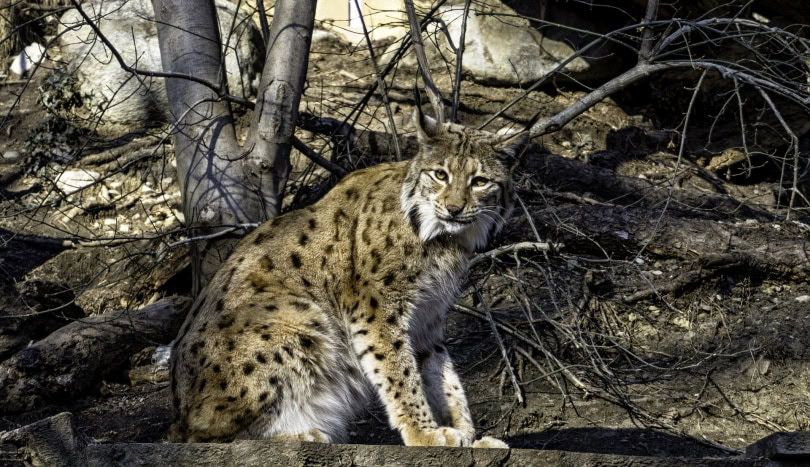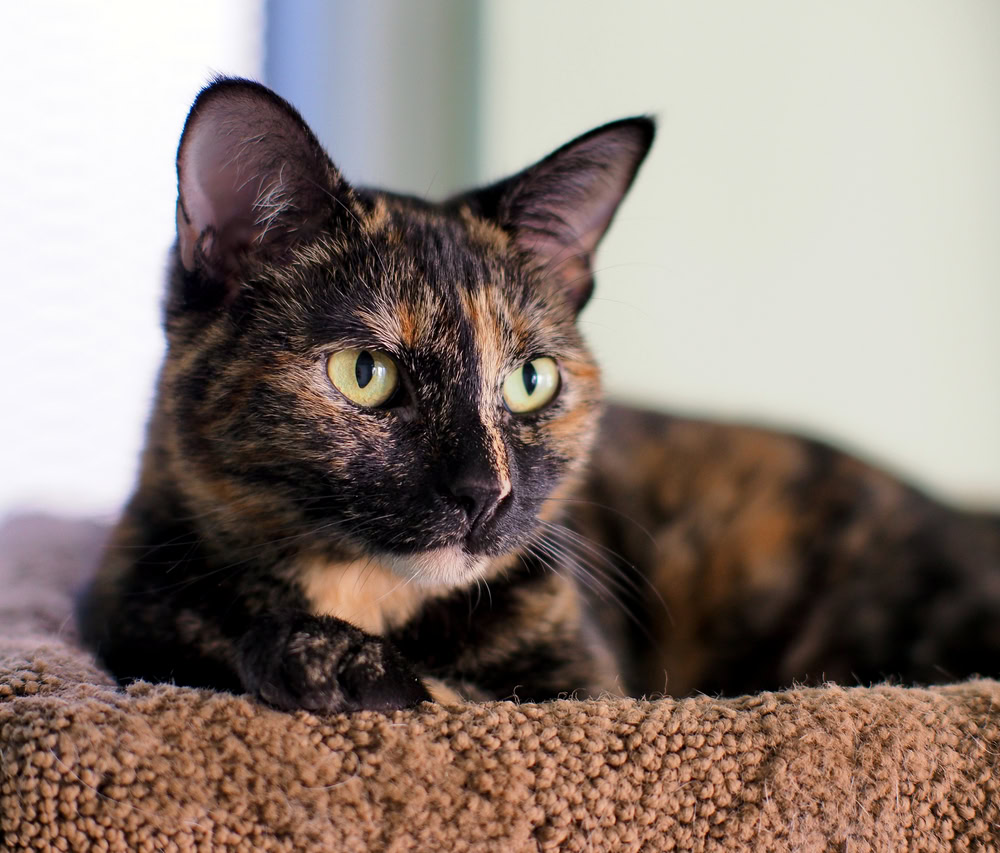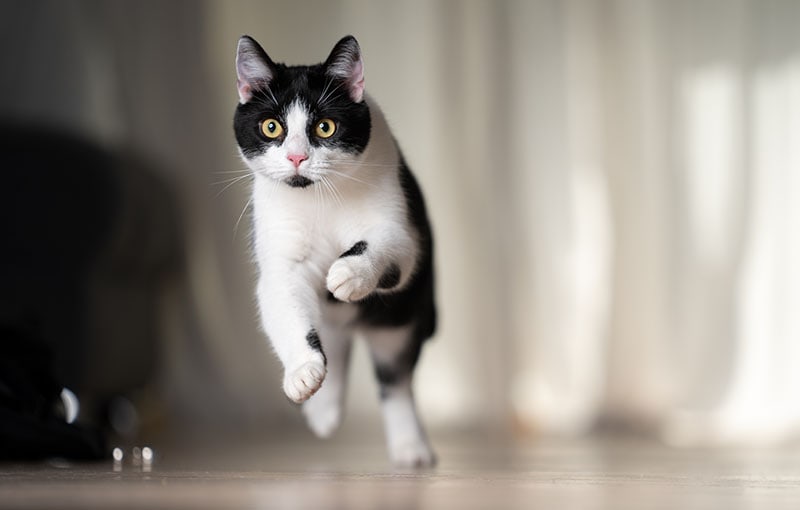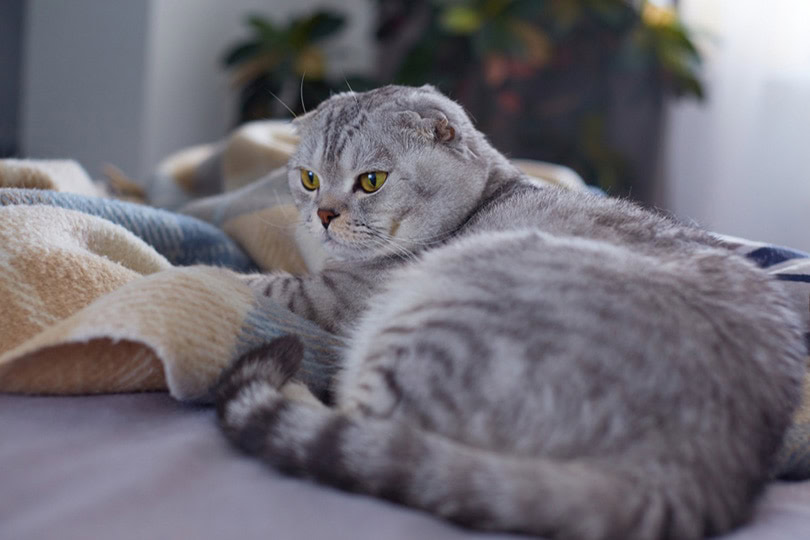Disclaimer: PangoVet does not endorse or condone the taming and keeping of wild animals.
It’s one of the most striking and beautiful species of the feline world, but does a lynx make a good pet? The shortest possible answer to this question is no. But it’s something more nuanced than a simple yes or no question. Let’s look at the reasons why lynxes don’t make good pets, and perhaps why nobody should try to keep them as pets.

Domestication Made Simple
Domestication is “the process of taming an animal and keeping it as a pet or on a farm.” While humans have successfully domesticated many animals, the process is long and arduous, requiring meticulous and selective breeding and care. Some animals cannot be domesticated.
Domestication is different from “taming,” which is the process of mollifying and reconditioning the behavior of a wild-born animal to encourage the creature to view humans without suspicion or fear. Domestication is the permanent genetic modification of an animal lineage to include an inherited predisposition towards humans.
Charles Darwin first noted a small number of traits that differentiated domesticated animals from their wild brethren that could be contributed to the selective breeding of animals. Jared Diamond later detailed six features in his book, Guns, Germs, and Steel, that could determine an animal’s fitness for domestication.
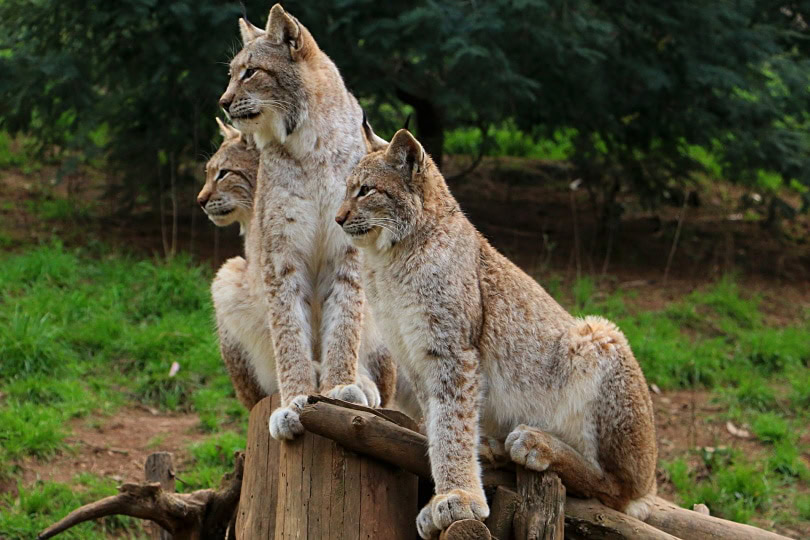
- Efficient diet: An animal with a varied diet will be easier to domesticate than one with a very restricted diet, as caring for the animal and its offspring will be more easily accessible.
- Quick growth rate: An animal with a rapid growth rate will be easier for human intervention and influence in selective breeding.
- Ability and willingness to breed in captivity: An animal unable or unwilling to breed in captivity will be limited in its domestication capacity since all specimens will be wild-born.
- Pleasant disposition: An animal with an unpleasant nature will be dangerous for the humans attempting to domesticate it.
- Tendency not to panic: An animal who frightens and panics easily will be more challenging to catch and more likely to escape and flee.
- Social structure: All large mammals that have been domesticated feature herd or pack social dynamics with dominance structures, allowing humans to intervene and establish their position within the dominance structure.
Why Domestication With Lynxes Hasn’t Occurred
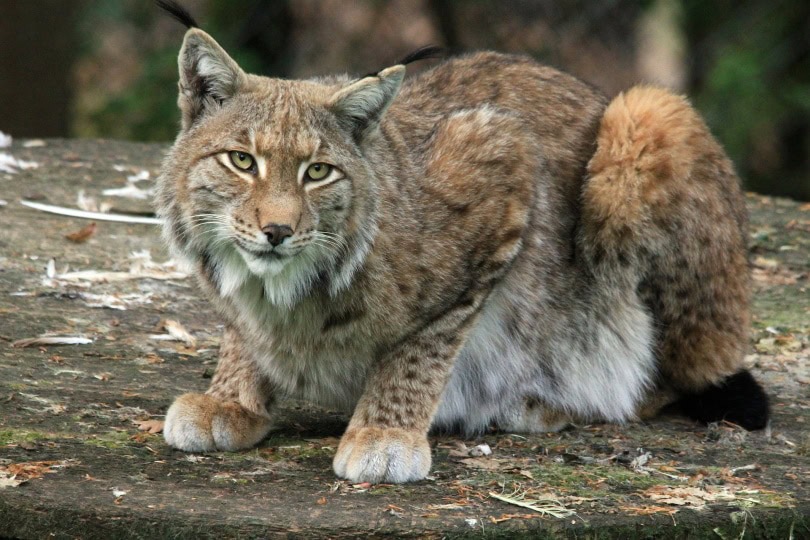
Lynxes lack many traits that would make them viable for domestication. They don’t have an efficient diet, a pleasant disposition, or a social structure that promotes domestication.
Lynxes, like other cats, are obligate carnivores, and skilled hunters that hunt large prey like deer and reindeer and smaller prey like goats and turkeys. They’re big cats who hunt and eat big game, which isn’t efficient for humans to try to reproduce given the size of the lynx and just how much food they have to eat daily.
Lynxes also aren’t amiable creatures. Being both unfriendly and highly dangerous makes them a challenge, at best, to even consider domestication. Unlike the cats of Egypt that farmers domesticated almost by accident, lynxes avoid human settlements because they don’t hunt the rodents that attracted the domestic cat’s ancestors to the Egyptians.
Lastly, the lynx is a solitary creature. Except for mothers and their offspring, lynxes are rarely seen in groups. They prefer to be alone and lack a dominance-centered hierarchy that would allow human intervention into their social structure.
Unlike horses and dogs who travel in groups and establish social connections through dominance, the social network of the lynx is more like, “Leave me the heck alone or I’ll bite you.” This solitary behavior makes it hard for humans to intervene and establish a position in their world.


Final Thoughts
Though reality TV has popularized big cat ownership with shows like Tiger King, there is no scientific basis for big cat ownership. The practice is far more dangerous to both the owner and the cat than Joe Exotic would ever let on. If you see an abandoned lynx kitten, it is safer for both you and the kitten to call your local wildlife society and let them handle the situation.
See Also:
- Do Monkeys Make Good Pets? (Ethics, Care, & What to Know)
- 12 Animals That Are Becoming Domesticated as Pets (With Pictures)
Featured Image Credit: Marco Carli, Pixabay
